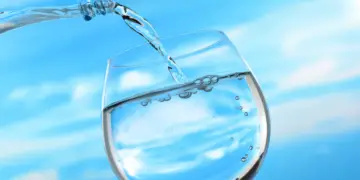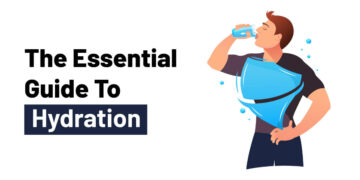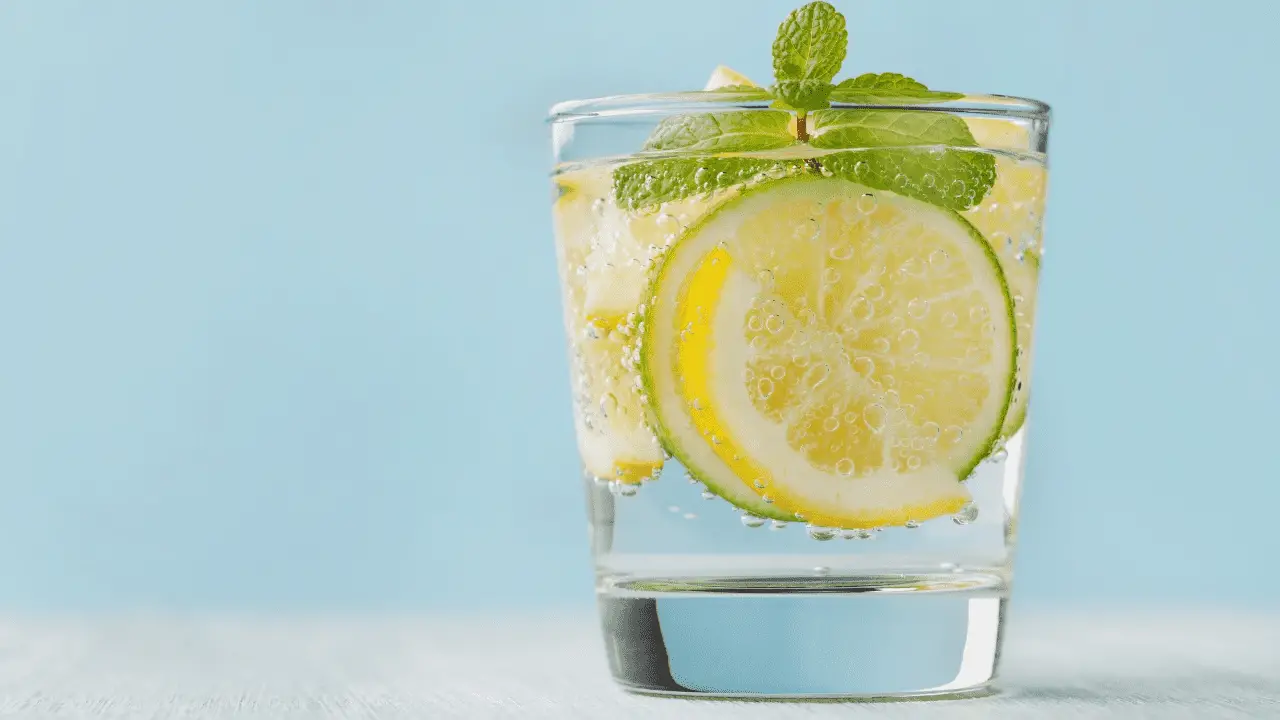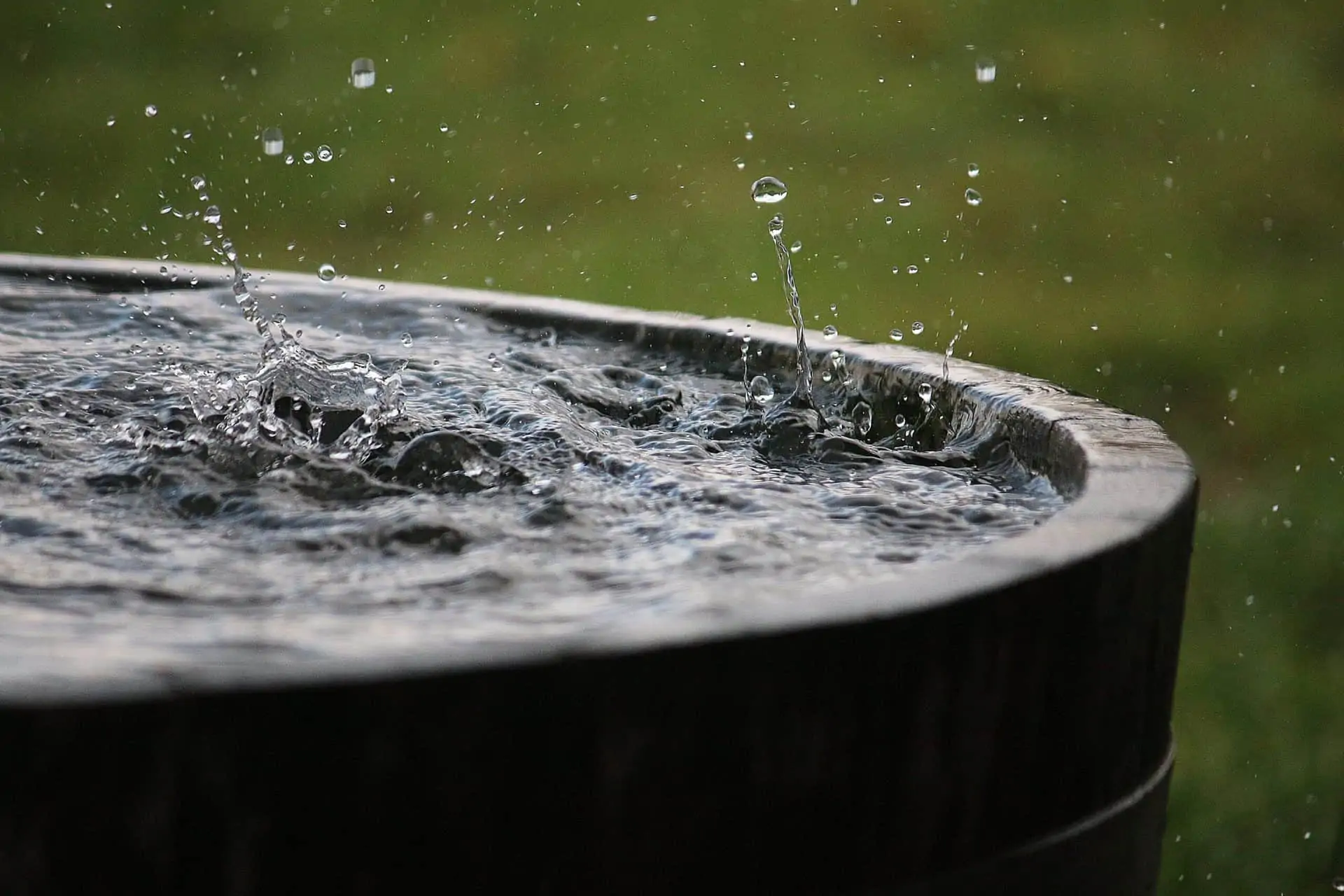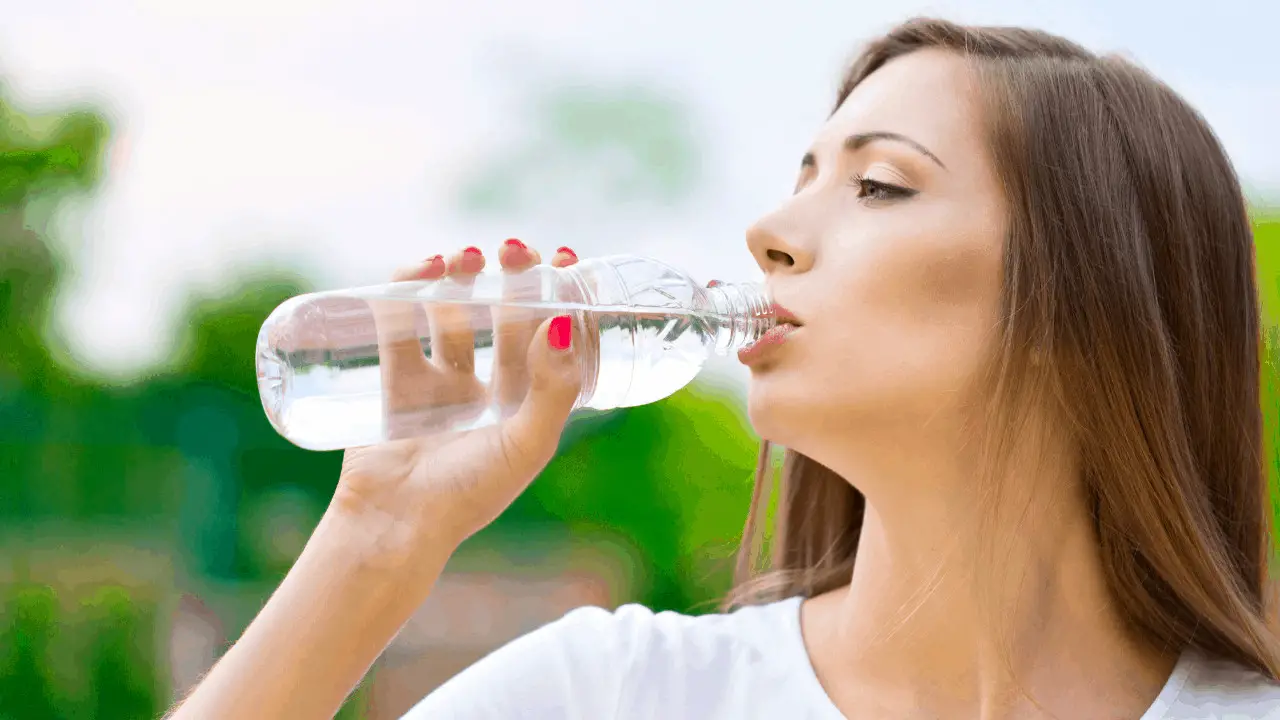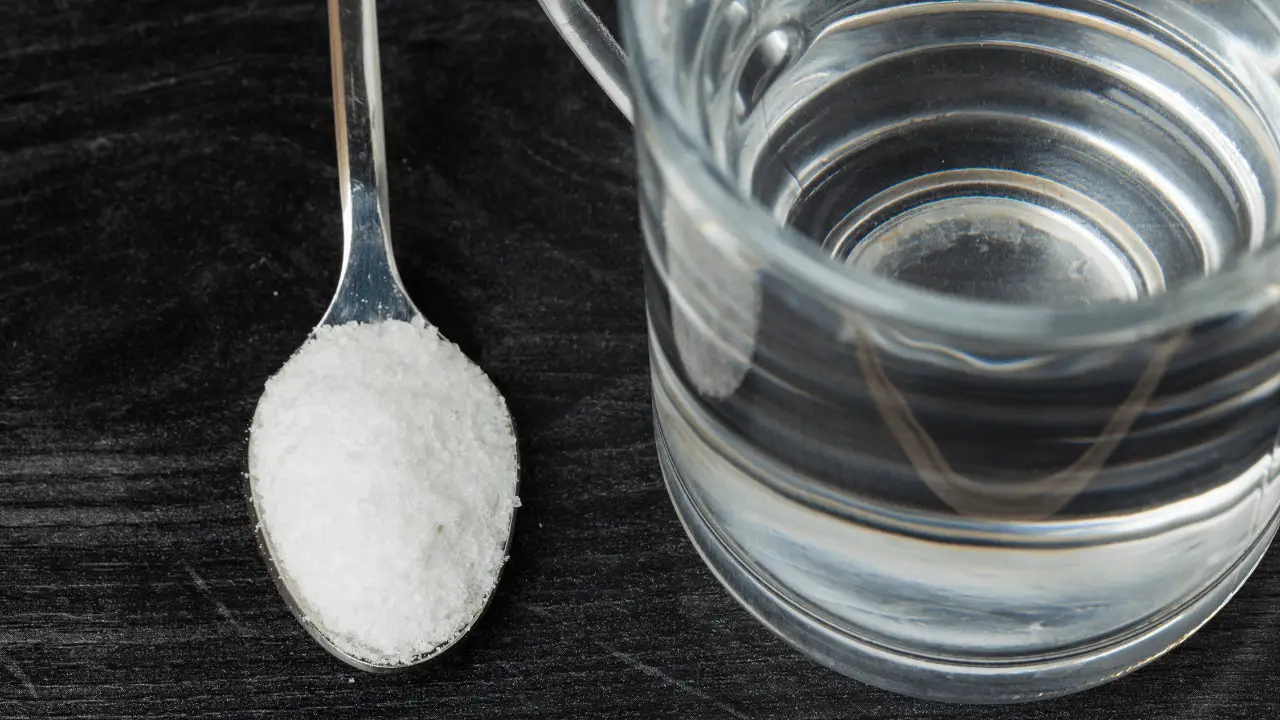The nutrition of babies is important and can have a profound impact on their quality of life as they grow up. The World Health Organization recommends that babies be fed exclusively with breast milk for the first six months of life. Exclusive breastfeeding means babies less than six months of age ideally should have only breast milk.
But as you know not every mama chooses to or can breastfeed, so infant formula is widespread and accepted too. But to make a bottle of formula you need to water, and if the water in the formula is okay can a baby drink that water?
Water is optional before babies reach 12 months of age, but they can start drinking water as early as 6 months. Babies that are exclusively breastfed or fed infant formula do not need water as thier milk is already over 80% water, containing all the nutrients and hydration they need.
Why Babies Younger Than Six Months Should Not Have Water
First, breast milk and or formula is complete on their own. It contains absolutely everything that is needed for infants to grow and develop. It has enough water content to quench the thirst of the baby, and enough carbohydrates and fats for energy and satiety respectively. In the case of breast milk, it is both food and immunity for the baby. You do not need anything more.
Second, the stomach of a baby is very small (20 ml approx) and will fill up quickly if you give them water instead of breast milk or formula. If your baby is drinking water, they most likely will not accept milk afterward. Making a habit of giving them water will leave your baby missing out on the essential nutrition that they would otherwise have gotten had they just drunk milk. Over time your baby might start to gain weight poorly as the calories needed for optimal weight gain are not sufficient.
Third, feeding your baby a lot of fluids will also result in other issues like reflux, excessive spitting, and hypoglycemia. The fluid and electrolyte requirement for babies is very different from adults. Too much water can cause fluid overload and thus put a lot of unnecessary stress on the newborn’s underdeveloped kidneys.
Lastly, water could be a very common source of diarrheal infections, especially in third-world countries where proper sanitation and well-treated water supply are not readily available. Infections don’t just lurk in the water, the utensils (spoons, containers, etc) you use to feed your baby or prepare formula feeds if they are not cleaned properly can also become a source of infection. It is for this reason that the WHO promotes exclusive breastfeeding.
How To Introduce Water To A Baby
You can introduce water to your baby’s diet when he/she is 6 months of age. Don’t overdo it though. Start off with a few sips with the complimentary food at 6 months. Remember that the major source of fluids for your baby under the age of 1 year would still be breast milk or formula.
To introduce water to your baby, give them a small amount in a cup. We suggest using an open cup as it teaches the baby how to sip. You can however use sippy cups as doing so teaches your baby independence in satisfying a need themselves.
How Much Water You Should Give A Baby
Babies 6- 12 months need about 4 to 8 ounces of water daily. As they grow older their need for water, as well as the recommendation by the World Health Organization and American Association of Pediatrics increases. Toddlers aged 12 months to 24 months require 1 to 4 cups of water daily. Children aged 2 to 5 years of age need 1 to 5 cups of water every day.
You do not need to monitor your baby’s water intake so religiously. The key is to follow your instincts and your baby’s. Your baby will let you know when he/she is thirsty and will drink as much as they need to quench their thirst. You can offer water at points of the day when you think they would feel thirsty. This is especially important in warmer weather to prevent dehydration.
Extra care should be given if your baby has diarrhea. For mild diarrhea, breastfeeding and oral rehydration solution(ORS) after each episode of diarrhea are usually enough to recover the water and electrolytes lost. For moderate to severe diarrhea, visit your pediatrician immediately.
How Do You Know If Baby Is Drinking Enough Water?
Four to six wet diapers in 24 hours is a good indication that your baby is well hydrated. Apart from this if your baby is feeding well at appropriate intervals, and is active then that is an indication that your baby is fine.
Babies typically get dehydrated when they are sick, especially when they have symptoms that cause them to lose body fluids such as diarrhea and vomiting. They also tend to refuse feeds and water.
Common signs of dehydration in babies are:
- Crying without tears
- Lethargy
- Sunken fontanelle (the soft spot on top of their heads)
- Sunken eyes
- Darker urine color/reduced urine.
- Fewer wet diapers than normal, indicating fewer times of urination in a day
- Fussiness
- Dry, non-supple skin
- Cold hands and feet
If you see signs of dehydration, visit your pediatrician immediately as dehydration can quickly turn fatal. If your baby is less than 6 months, breast milk or formula feed is enough to correct mild dehydration. Water or anything else is not needed.
For severe dehydration, your baby might require admission to the hospital and might need IV fluids. But, even moderate dehydration should always be treated under the guidance of a pediatrician. Don’t get creative with home remedies; If your baby will not drink milk while dehydrated, seek professional medical advice.
What Is The Ideal Type of Water For A Baby?
Breastmilk and or formula is the ideal fluid for your baby below 6 months. If you need to give them water, it should be boiled first and brought to room temperature first before use. Beyond 6 months, babies do not need special water. The water that the rest of the family takes is good for the baby too.
If you have concerns about the safety of your water, you should opt for bottled water, or boiling and filtering your water. Distilled water is not recommended for babies as it is stripped of all the minerals and micronutrients that can be helpful for a baby’s growth, and may cause electrolyte imbalance.
Can My Baby Drink Coconut Water?
Fresh coconut water can be given to infants of more than 6 months. However, keep in mind that coconut water is high in sodium levels. So, avoid giving too much. If however, you want your baby to enjoy your beverage, the occasional few sips will be just fine.
Can My Baby Drink Flavored Water?
If it’s only fruit-infused water that you prepared at home, then sure– a few sips would be great. If however, it is the store-bought sweetened flavored water, avoid giving it to your baby. Store-bought drinks usually contain a lot of sugar, preservatives, and other agents that might upset your baby’s stomach and cause cavities. The more you give your baby any kind of water the more your baby will fill up on them and have less appetite for milk.
Can My Baby Drink Alkaline Water?
No research has been done to explore the possible effects of alkaline water in infants and toddlers. So, take it as a no, till science says it’s okay for them to drink alkaline water.
Can My Baby Drink Sparkling Water?
Carbonated or fizzy drinks should not be given to babies under 12 months. They are acidic, and can therefore promote tooth decay.
Can My Baby Drink Lemon Water?
You can give lemon water to your baby after 6 months of age, but make sure that it’s super diluted–1 part juice and 10 part water. Follow this general rule of dilution for every fruit juice. Too much-concentrated fruit juices may not be good for their teeth and may even cause an upset stomach. Avoid store-bought juices as they can be full of added sugar.
Other Frequently Asked Questions
When Can Babies Drink Water From The Tap?
You should not give your infant below 6 months tap water directly. Breast milk and or formula is the only thing that’s recommended. If at all you have to use water for your baby say to prepare ORS (oral rehydration solution), use bottled water or boiled & filtered tap water.
For babies above 6 months of age water need not be boiled if clean water is accessible to you.
At What Age Can Babies Drink Water For Constipation?
After 6 months you can start giving water to your baby if they are constipation. If however, the constipation is prolonged and troubling, consult a pediatrician to rule out any GI tract issues.
At What Age Can Babies Drink Water For Hiccups?
6 months and beyond! Few sips only, but mostly still breast milk.
What To Do If Baby Will Not Drink Water?
First of all, do not panic! Some babies take a longer time to adapt to changes. There are some simple things you can do to encourage your baby to drink water.
For young babies, get their attention and let them see you pour the water into their cup. If they refuse, try drinking the water yourself. Drink out of the cup and then offer it to them. Give them loads of positive reinforcement if they do take a sip.
For toddlers, you can try to teach them how to pour water from a bottle into an open cup. Get them engaged in getting the water. If they struggle to drink from a sippy cup offer them water from your cup with a straw. Many young children are more willing to drink water when it comes from the cup of their parents.
Conclusion
In conclusion, breast milk is the magical elixir your baby needs the most. Nature has made breast milk so perfectly that your baby doesn’t need anything else for their nutritional requirement till 6 months of age.
Below 6 months, exclusive breastfeeding must be followed, unless your pediatrician advises you otherwise. After 6 months, you should start introducing water, but for the first year, breast milk would still be the major source of hydration. After 1 year of age, water takes over as the major source of hydration, though you should continue breastfeeding till 2 years.
If your baby is having issues with feeding, consult your pediatrician.
If your baby is dehydrated, hydration should be managed accordingly. For illnesses and dehydration, consult your pediatrician.


